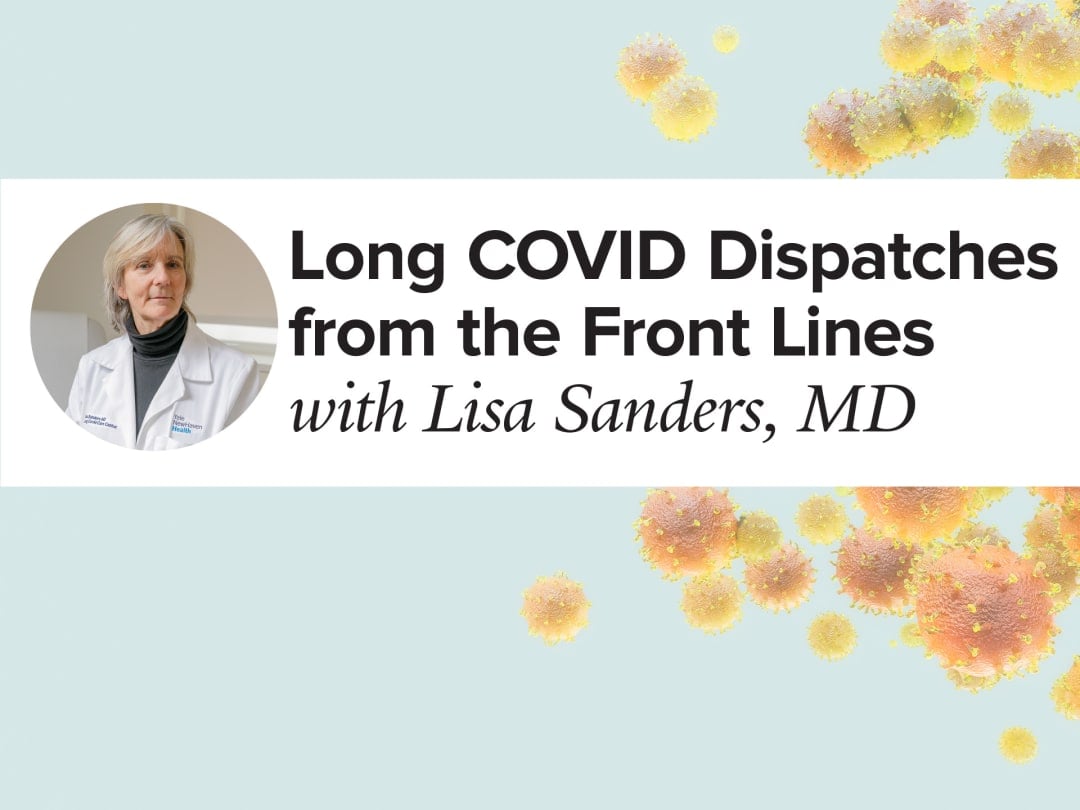- cross-posted to:
- economics
- cross-posted to:
- economics
Long COVID isn’t just a health issue—it’s hitting wallets and workplaces hard. Millions of Americans are struggling to return to work months after their initial infection, and the economic toll is staggering as governments and employers scramble to address this growing challenge.
“It’s a myth to assume this data reflects issues limited to unvaccinated individuals, retiring adults, or people with pre-existing medical conditions,” says Arjun Venkatesh, MD, professor of emergency medicine at Yale School of Medicine and the primary author of the study. “Our cohort tends to be younger and highly vaccinated, yet the reality is that they continue to have prolonged symptoms after an acute COVID infection, which significantly affects their ability to work.”
By keeping so many people out of the workforce, Long COVID has a significant impact on the economy, too. Researchpublished in Nature Medicine estimates that over 400 million people worldwide have developed Long COVID at some point, resulting in an annual global economic cost of $1 trillion.
“It’s difficult to conceptualize what $1 trillion really means,” says Ziyad Al-Aly, MD, chief of Research and Development Service at Veterans Affairs St. Louis Health Care System and the study’s senior author. “It’s about 1% of the global GDP and that’s significant. That 1% loss of the total productivity of all humans around the world is a significant drag on progress and economic expansion.”



Am required to. I hate being on camera too.
I find it so distracting, and I dont know why. I literally can’t concentrate on anything with it on. It just makes me nervous.
It’s literally a thing afaik it’s because you feel like you need to be "on’, extremely draining, I sparingly have mine on for that reason. Text and voice have always been good for me, I honestly don’t see the benefit to having cameras too, I’m paying attention to what we’re discussing, not you.
Same. I know exactly how you feel